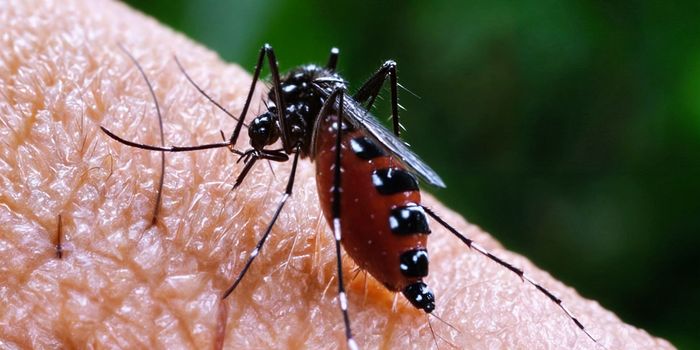
Vitamin B6 May Reduce the Risk of Severe COVID-19
Scientists are trying to learn more about whether any nutrients, like vitamins C, D, and now B6, can provide some protection against the pandemic virus SARS-CoV-2. Reporting in Frontiers in Nutrition, scientists have now suggested that vitamin B6 might reduce a person's chances of developing a severe case of COVID-19.

"In addition to washing your hands, food and nutrition are among the first lines of defense against COVID-19 virus infection. Food is our first medicine and [the] kitchen is our first pharmacy," said food scientist Thanutchaporn Kumrungsee, an associate professor at Hiroshima University's Graduate School of Integrated Sciences for Life.
In this study, the researchers noted that vitamin B6 has been shown to have a protective impact against several chronic illnesses including heart disease and diabetes. It seems that the nutrient can reduce oxidative and carbonyl stress, and suppress inflammation and inflammasomes. Deficiencies in vitamin B6 have also been connected to reductions in the function of the immune system and increased susceptibility to viral infections.
Viral infections can sometimes overactivate the immune system and lead to a critical health condition known as a cytokine storm, increasing oxidative stress and causing severe inflammation in the lungs. Blood clotting or thrombosis is also known to be one aspect of serious cases of COVID-19. Besides a potential counteractive impact on oxidative stress, vitamin B6 is known to have an anti-clotting effect.
"Vitamin B6 has a close relationship with the immune system. Its levels always drop in people under chronic inflammation such as obesity, diabetes, and heart diseases. We can see from the news that obese and diabetic people are at high risk for COVID-19," Kumrungsee said.
The researchers are hopeful that clinical trials can be conducted to test their idea. It would also be very helpful to the public if an easily accessible nutrient can help shield against severe cases of COVID-19, which are still a serious threat even as we start to get more people vaccinated. Some individuals will also be unable to get a vaccine because they have weakened or compromised immune systems.
"It is of great interest to examine if vitamin B6 exerts protection against novel types of virus infection and pneumonia which will be encountered in the future. At present, there is [little] information regarding the protective role of nutrients against pneumonia and lung diseases," she noted. "After COVID-19, we should develop the area of nutrition for lung diseases such as pneumonia and lung cancer."
Sources: AAAS/Eurekalert! via Hiroshima University, Frontiers in Nutrition








